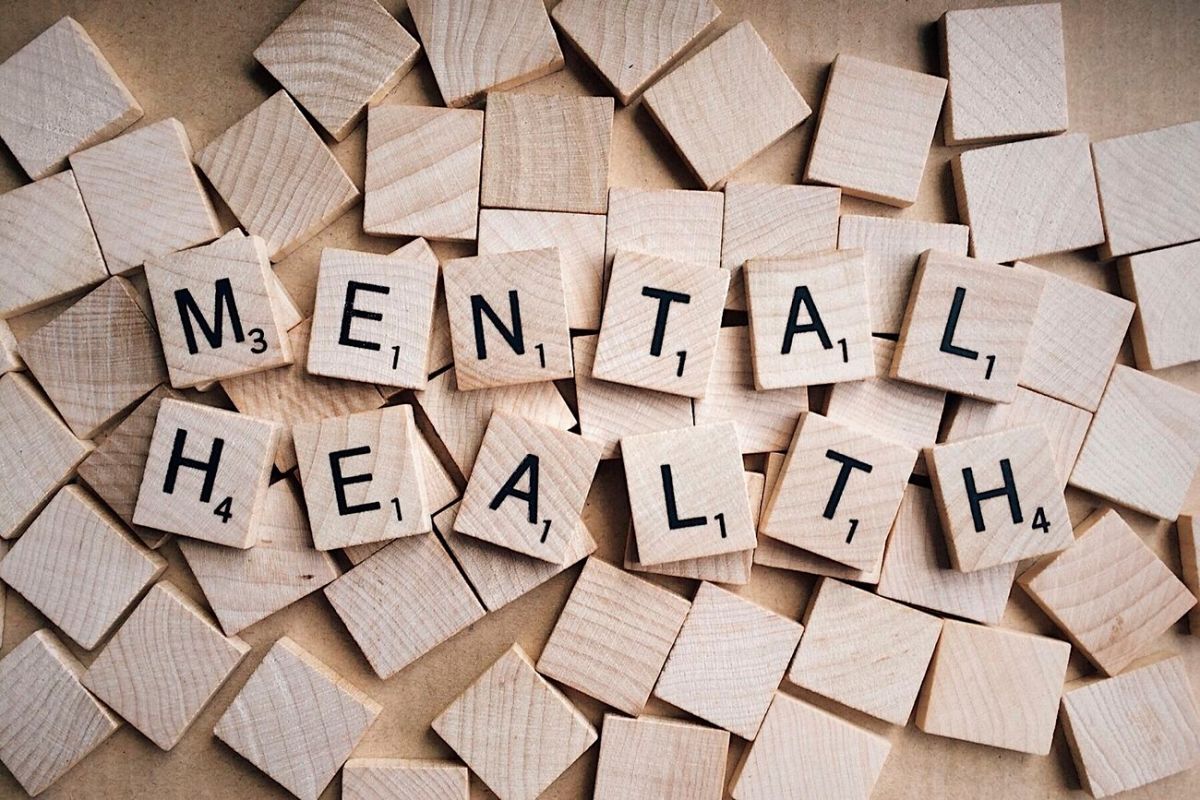Poverty definitions differ according to social, cultural, and political systems. Attempts to comprehend poverty from the perspective of poor people indicate that poverty is a multifaceted social phenomenon. Poverty can be defined epidemiologically as having a poor socioeconomic status (as assessed by social or income class), being unemployed, and/or having a low degree of education. Poverty is a major social determinant of health and mental health, intertwining with all other factors such as education, local socioeconomic and community conditions, race/ethnicity, gender, immigrant status, health and access to health care, neighbourhood factors, and the built environment (eg, homes, buildings, streets, parks infrastructure). Poverty has a wide range of mental health consequences that affect people throughout their lives. Poverty in adolescents and adults can lead to poor mental health due to social stresses, stigma, and trauma.
Individuals who experience poverty early in infancy or for a lengthy period are at risk of a variety of negative health and developmental outcomes throughout their lives. Childhood poverty is linked to lower academic attainment, poorer cognitive, behavioural, and attention-related outcomes, higher rates of delinquency, depressive and anxiety disorders, and higher rates of practically every psychiatric disorder in adulthood. Adult poverty is associated with depressive illnesses, anxiety disorders, psychological suffering, and suicide. Poverty has an impact on mental health through a variety of social and biological mechanisms that operate at several levels, including individuals, families, local communities, and nations. Financial stress, chronic and acute stressful life event exposure, hypothalamic-pituitary-adrenal (HPA) axis changes, other brain circuit changes (eg, language processing, executive functioning), poor prenatal health and birth outcomes, inadequate nutrition, and toxin exposure are all individual-level mediators in the relationship between poverty and mental health (eg, lead). Parental relationship stress, parental psychopathology (particularly depression), poor parental warmth or investment, harsh and inconsistent parenting, low-stimulation home surroundings, and child abuse and neglect are examples of family-level mediators.
According to the findings, geographically concentrated poverty—often in metropolitan areas—is more harmful to psychiatric well-being. Poor neighbourhoods are frequently characterised by signs of social and physical dysfunction, which can generate stress, disrupt health-promoting social bonds, and negatively impact people’s mental health. Even after controlling for individual income, neighbourhood deprivation has been linked to many of the same mental health consequences as poverty. The quality of local services and schools, as well as the physical distance between inhabitants and social isolation, are institutional and structural mediators. Collective efficacy, adult socialisation, peer influences, social networks, exposure to crime and violence, and safety anxieties are all community-level mediators. Individual-level poverty moderates the association between community deprivation and mental health, with poorer families being more negatively impacted by neighbourhood deprivation.
To break the intricate linkages between economic inequality, poverty, and poor mental health, practitioners must use a multi-level, prevention-focused strategy that targets the underlying causes. Mental health practitioners can work cooperatively with clients to enhance health for all through meticulous screening, clinical care, referral to social services and psychosocial programmes, and community- and population-level advocacy.



